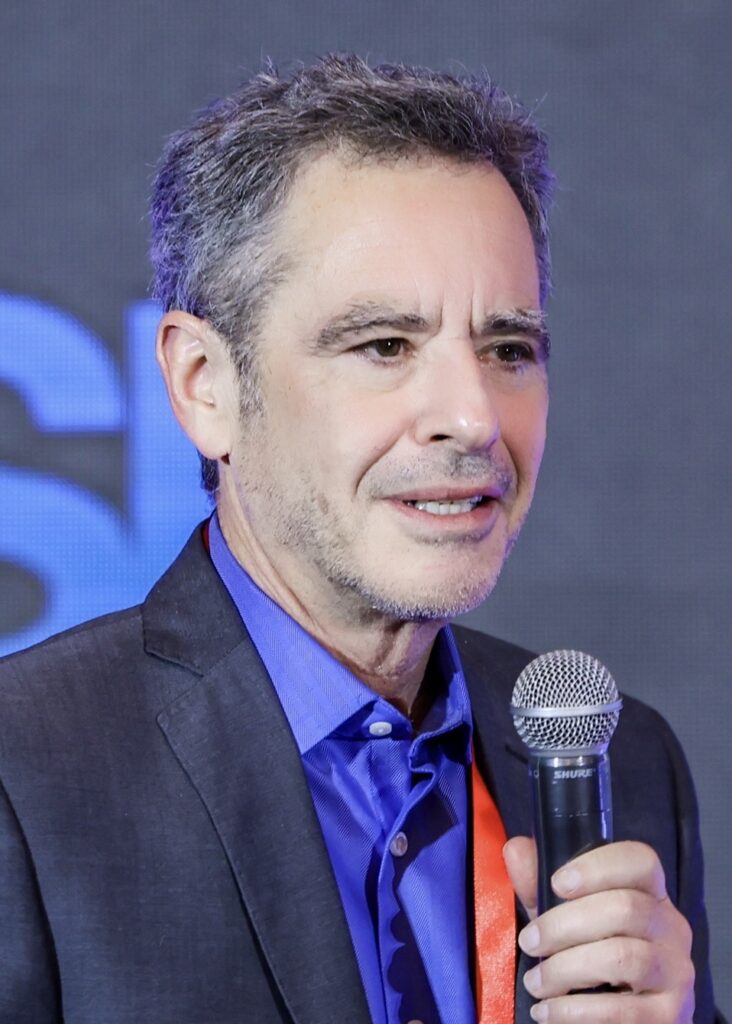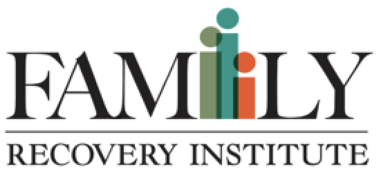This list will be updated as we receive donations.

- This event has passed.
Climate Change in the Consultation Room: Treating Climate Distress and Increasing Pro-Environmental Behavior
– Presented by Barbara Easterlin, PhD [Class]

**This event is zoom only**
NARRATIVE
This presentation will provide a foundational background about the origins and mental health impacts of climate change, how to identify clients’ climate distress, and therapeutic practices that enhance resilience, adaptation, and coping.
The climate and environmental crisis is the most complex existential threat humanity is facing. According to recent research (2021) by the Yale School of Climate Communications, 73% of Americans feel that the climate crisis is real and 60% believe it is human caused. In the world of mental health, we know that internal factors such as emotions, beliefs, and attitudes influence behavior, but behaviors occur within a powerful context of cultural beliefs, social networks, social status inequalities, race, and income, as well as government policies and the larger environmental ecosystems within these individual factors exist.
Psychotherapy of climate distress must occur within these larger systems, but an individual’s coping skills and action that enhance each person’s resilience are important. Research and psychotherapeutic practices will be presented that help to identify climate distress within the context of a client’s biographical and psychological frame, and to integrate these knowledge bases. In addition, the nascent field discussion of ethical responses to the climate crisis from mental health practitioners will be discussed.
LEARNING OBJECTIVES
By the end of this course, participants will be able to:
- Describe climate change impacts on mental health including common emotional responses as well as psychological defenses and behaviors that accompany climate crisis awareness.
- Define the key principles of the emerging field of Climate Psychology and the field’s attention to the inequitable impact of climate change on vulnerable social, racial, regional, and demographic populations.
- Describe human evolutionary and neuropsychological limitations that inhibit individual and collective action to mitigate the destructive impact of climate change and how these can be surmounted to address the emerging crisis.
- Develop clinical strategies to improve sense of agency, emotional regulation, and resilience and to identify and treat challenging climate change related emotions, such as anxiety about the future, existential despair, grief, anger, confusion, and the amplifying impact of the climate crisis on existing mood and anxiety disorders.
COURSE OUTLINE
9:00 -10:00 am;
- Arriving and Brief Introductions
- Introduction to Climate Psychology: 5 key points with attention to the impact of climate change on vulnerable populations (social, racial, regional & impoverished populations)
- Evolutionary neurobiology and socio-cultural-economic conditions that underlie origins of the current climate emergency
10:00 -10:05 am:
Break
10:05-11:15 am:
Mental Health Impacts of the climate crisis and climate events — common emotional responses, and defenses
11:15-11: 20 am:
Break
11:25 am-12:45 pm:
Vignettes and Clinical psychotherapy skills for addressing climate distress
12:45-1 pm:
Q&A
CONTENT CURRICULUM
- Climate change and the social justice issues surrounding the global ecological and biodiversity loss crisis have been recognized by the American Psychological Association (APA) and the World Health Organization (WHO) as issues that have significant mental health impacts. Our patients bring these issues as well as related existential dilemmas to our consultation rooms, however, a very recent study published in the March edition of the journal Ecopsychology showed that fewer than a third of 770 therapists “report feeling well to discuss mental health impacts of climate change with their clients.”
- Content will provide an overview of the field of climate psychology using vignettes and small group discussion of ethical issues that bear on discussing these issues in the consultation room, as well as social and psychological research that describes how the climate crisis is tied to behavior, emotion, and psychological defenses. Skill development is woven throughout the presentation.
- This course is at the beginner level and appropriate for Mental Health clinicians, climate communicators, activists and educators.
- All material sourced for this presentation will represent current clinical research in the field of climate psychology, which is frequently survey- and behavior reporting-based. Statistics provided as part of this presentation are derived from peer reviewed journals in climate science, psychology, and social psychology. Assessment instruments for climate distress, presented for this topic, have been validated and normed in a variety of countries around the world.
The limitations of the material being taught include:
- Climate psychology is a fairly new discipline; interventions have not yet been tested in large populations;
- There are a variety of ethical principles and emotional tone that come into play when any topic has a political or controversial base.
- Conversations have the potential to become polarized; participants will be reminded that this workshop is for clinical skill development, not to expose or thresh out their own views on the veracity of climate science or politics.
- The topic of climate change can be emotionally triggering for some. Participants will be provided a preview of what will be covered in the workshop as well as self-care strategies and methods of contacting the instructor to “sidebar” if necessary.
- A good part of the introduction to climate psychology describes the impact of colonization and marginalization of vulnerable populations. These include BIPOC & LGBTQ groups, Aging people, and women. Some of these same populations who are impacted the worst also have rich traditions of earth care that will be touched on in the presentation. Clinical work with BIPOC groups especially requires a culturally sensitive knowledge of ways in which they are doubly or triply damaged by climate change — due to systemic failures of social and cultural equity, these groups are often situated near damaged ecosystems and have been denied access to resources that might mitigate some of this harm.
COST:
CIP Members:
$75 early registration 10 business days prior to seminar; $90 after
Non-Members:
$100 early registration up to 10 business days prior to seminar, $115 after
CEs: 4 CEs for LMFTs, LCSWs, and Psychologists. Participants must attend the full live session and complete the evaluation at the end to receive a CE completion certificate.
Community Institute for Psychotherapy is approved by the American Psychological Association to sponsor continuing education for psychologists. Community Institute for Psychotherapy maintains responsibility for this program and its content.
Cancellations must be received in writing by email: admin@cipmarin.org, 10 business days prior to the seminar or class for a refund minus a $25 cancellation fee.
Accommodations will be made wherever possible to those with disabilities. Please let us know of any disabilities upon registration, to ensure proper accommodations are put in place prior to workshop/training.
Grievance Procedure: CIP will respond to complaints in a reasonable, ethical and timely manner, when submitted by program attendees in writing to the Chair of CIP’s Professional Development Committee.
Anti-Discrimination Policy: CIP shall not discriminate against any individual or group with respect to any service, program or activity based on gender, race, creed, national origin, sexual orientation, religion, age or other prohibited basis. CIP does not require attendees to adhere to any particular religion or creed in order to participate in training. CIP will not promote or advocate for a single modality of treatment that is discriminatory or likely to harm clients based on current accepted standards or practice.
*There is no conflict of interest or commercial support related to this CE program.












